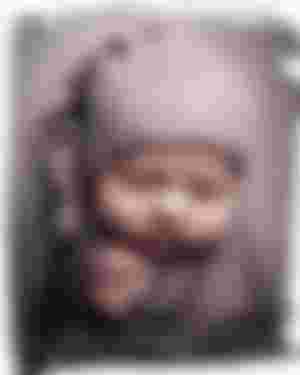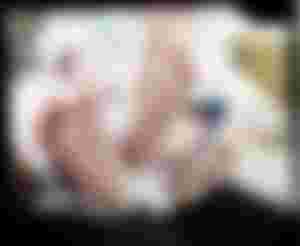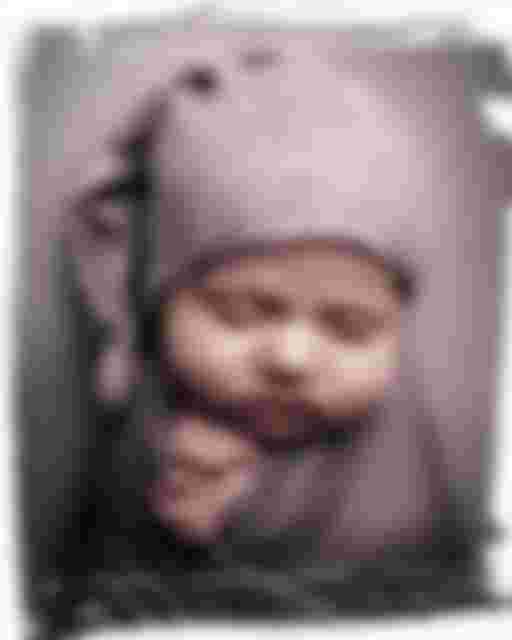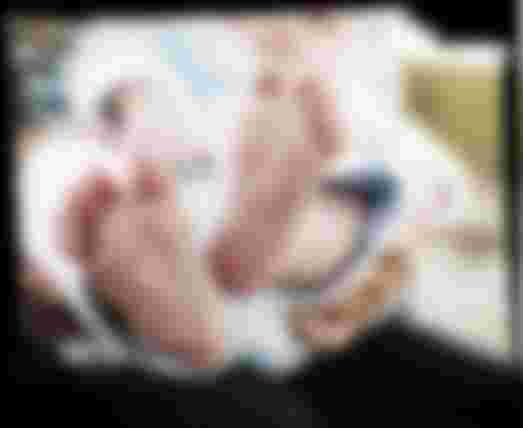Optimize Child Development
The stages of child development are divided into two. Growing up is a measurable physical change; Development is the increase in the ability of the structure and function of the body to be more complex. Infancy is often referred to as the golden period. In the age period 0-5 years, there is a rapid increase in the growth and development of toddlers. Come on, read to the end...
1. Your Little One's Growth and Development
Growth is a change that is quantitative, measurable, and occurs physically. Your little one's growth can be monitored by measuring height, weight, head circumference, and other age-appropriate measurements with certain standardized measuring instruments. While development is the increase in the ability of more complex body structures and functions, for example, your little one can walk or talk. Development can be observed from the way he plays, learns, talks, and behaves.
Growth and development is influenced by internal and external factors. Internal factors include gender, racial differences, age, genetics, and chromosomes. While external factors include the state of the social environment, economy, nutrition, and psychological stimulation.
The golden period of the Little One takes place in the age range of 0-5 years. This age is the initial phase of the Little One's growth and development and will affect the next phase. At this time, mothers must be more careful to get optimal results and prevent abnormalities as early as possible.
2. Stimulation of Little One's Brain Development
Stimulation of brain tissue is very important during the golden period of the Little One. The more stimulation the mother gives to the little one, the brain tissue will develop up to 80% by the age of 3 years. On the other hand, if your child is never given enough stimulation, his brain tissue will shrink so that brain function will decrease.
This is what causes the development of the Little One to be hampered. Insufficient stimulation can affect the development of brain intelligence, developmental deviations, and even permanent developmental disorders. The following are the stages of stimulation according to the age of the Little One:

- Age 0-4 Months
Often hugs and cuddles with love. Hang brightly colored objects that move and your little one can see. Invite your little one to smile, talk, and listen to music.
- Age 4-6 Months
Often on your little one's stomach. Move the object left and right, in front of his eyes. Listen to various sounds. Give toys big and colorful objects.
- Age 6-12 Months
Teach your little one to sit, play peek-a-boo, teach him to hold and eat biscuits, teach him to hold small objects with 2 fingers, stand and walk holding on, talk as often as possible, practice saying mama or papa, give toys that safe to beat.
- Age 1-2 Years
Teach them to walk on steps or stairs, ask them to clean the table and sweep, invite them to clean up toys, teach them to scribble on paper, teach them to name their body parts, read children's stories, invite them to sing, and invite them to play.
- Age 2-3 Years
Teach them to dress themselves, invite them to see picture books, read children's stories, teach them to eat on their own plates, teach them to wash their hands, teach them to defecate and urinate in their place.
- 3-5 Years Old
Ask your child to tell him what he is doing, listen to him when he talks, if he stutters, teach him to speak slowly, supervise his little one when trying new things.
3. Division of the Little One's Development Area
Your child's development is divided into several areas, namely: gross motor (walking, running), fine motor (drawing), sensory (seeing, hearing, etc.), language (saying words and sentences), and social (playing together, taking turns). . Growth and development vary in appearance, but there is still a fairly wide time limit in which it can still be categorized as normal.
To support the growth of the little one, good nutrition is needed. Apart from promoting growth, with good nutrition and eating habits, diseases such as type 2 diabetes, high blood pressure, and obesity can be prevented. Lack of nutrition will cause intellectual development disorders.

4. The Growth and Development of Your Little One's Teeth
In addition, the growth of teeth will also be seen in the golden period. Teething varies depending on heredity, but certain diseases such as rickets, hypothyroidism, hypopituitary, or Down syndrome can slow teething.
In general, your little one will have 6 teeth at 12 months of age and a total of 20 baby teeth by the age of 2.5 years. The first teeth can grow for the first time at the age of four months. However, most cases of teeth begin to grow around the age of 6-7 months. The first baby teeth to appear are in the front incisors above and below. The last baby teeth erupt when your baby is 2-3 years old. At this age, usually the number of teeth is complete, which is 20 pieces.
Tooth growth is characterized by swelling of the lower gums. Most likely your little one will feel sick because of this swelling and even have a fever. Your little one will become more fussy, often cry and bite something. In this period, your little one will also salivate more than before. For that, wear a chest pad made of towels, so that the mother can always dry the chin and cheeks of the Little One who is exposed to saliva, this prevents irritation of the skin.
If the teeth have not grown in time, there is no need to worry. There are several things you can do to stimulate tooth growth, including:
- Giving toys that are useful for stimulating the growth of teeth is often called a teether. Choose a teether made of safe materials. In general, everything is made of rubber.
- Calcium content in milk is also very helpful for the growth of your baby's teeth, therefore even if your child is more than 6 months old, try to give enough breast milk.
- Give complementary foods that contain calcium such as sea fish and several types of vegetables
These baby teeth will then be replaced by permanent teeth at the age of 5-13 years. Don't worry if your little one's teeth fall out due to impact when playing because the teeth will be replaced by permanent teeth. For example, the first molars at the age of 5-7 years, followed by other teeth such as incisors at the age of 6-8 years.
5. Parameters of Little One's Growth
When growth and development is less according to standard measuring instruments. Your 1-year-old should be able to walk 1 or 2 steps unaided, speak a few words, and clap. Your little one can run, flip paper, speak about 10 words, draw straight lines at the age of 2-2.5 years. At 3 years old, your little one can wear their own clothes except for buttons, counting to 10. At 4 years old, your little one can stand and jump on one leg, wears clothes well, throws a ball with one hand. At the age of 5 years your child can catch a ball, recognize 4 colors, and when he is 6 years old he can walk in a straight line, and write. There are many other measures in developmental milestones.
When your little one is unable to do things that their peers their age should be able to do according to milestones, then maybe your little one has a developmental delay. If the developmental delay occurs in several areas, then your little one can be said to have a global development delay. In many cases, developmental disorders require assistance in order to reach their full potential.
The role of families, school personnel, and health workers is needed in evaluating the growth and development of the little one. If your little one seems to be more advanced or slower than their peers, you should immediately consult a doctor. Your child must be taken to the posyandu (integrated service post) or to other health facilities every month to be measured and monitored for progress. So that abnormalities or delays that may occur can be detected as early as possible.
Hopefully useful and hopefully all children in the world can grow and develop well, so that they can become healthy, smart, and successful children. Amen!


Nice parenting tips, thanks for sharing.